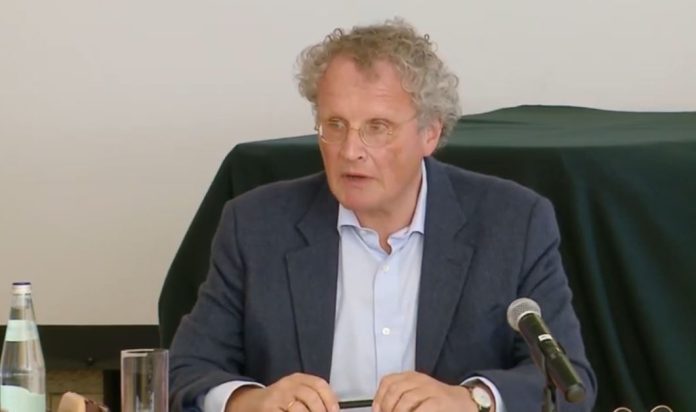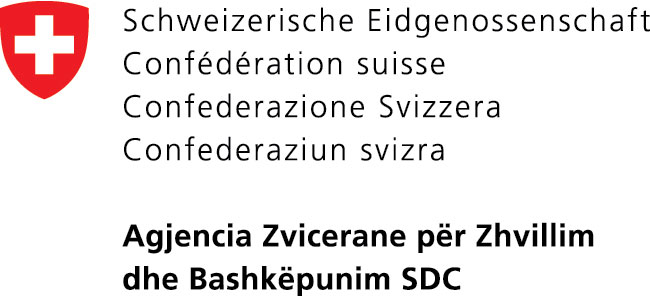“German October” presented last weekend a topic little known to the Albanian public. The contribution of Albanians to the rescue of Jews during the Second World War. For this, the former ambassador of Germany in Albania, expert and researcher of Albanian history, presented on Friday a summary of his study on the topic: “Protection and persecution of Jews in the Albanian-speaking regions during the Holocaust”.
From the hall of the German embassy he presented the data of his study, a treatise with several colours.
“The Jewish population and a large number of Jewish refugees found protection and support from the local population and part of the government in Albania, no one was extradited to the German killing machine, very few Jews became victims of German persecution or the war in Albania. While there are reports of help, given to Jews in Kosovo, most of them were arrested and deported. After the arrival of the German forces, most of the Jews in Kosovo were arrested – mainly through the SS Division “Skenderbeu” – and deported to concentration camps, where many were killed,” Borchardt said, among other things, in his statement.
Borchardt also mentions the fact that the Albanian government of the time did not submit lists of Jews to the German authorities in Albania, and besides that on August 31, 1943, the Minister of the Interior of Albania, Kolë Mirakaj, had asked the prefectures and the police to give Albanian passports to all Jews. While bringing up the case of a Jew who fought as a partisan, he asked for further studies on several questions.
“The protection and persecution of Jews in the Albanian-speaking region during the Holocaust have not been comprehensively studied: what, for example, led the Albanian government to order the deportation of a group of Jews from Kosovo to the German occupiers in Serbia in February 1942 – contrary to the policies of other Albania? Why was the behaviour of a part of the Albanian population of Kosovo towards the Jews different from that in Albania?”.
Present at this meeting, the former head of the Central State Archive, historian Nevila Nika, said that during the war under the German occupation it was difficult to understand the difference between the concepts of liberation and occupation. Also giving different examples from the Albanian archives for this. Nika also underlined that there are still materials that need to be discovered regarding this topic not only in the archives of Albania but also in the archives of other countries.
While former MP Valentina Leskaj, presented data on the relationship between Albanians and Jews.
Borchardt’s study was carried out in collaboration with the Albanian students’ association OASA – Organization der Albanischen Studierenden und Alumni e.V.





